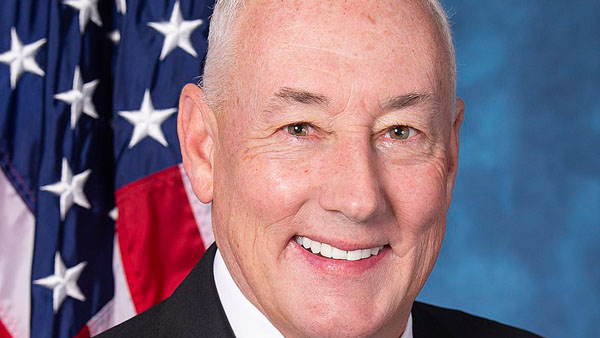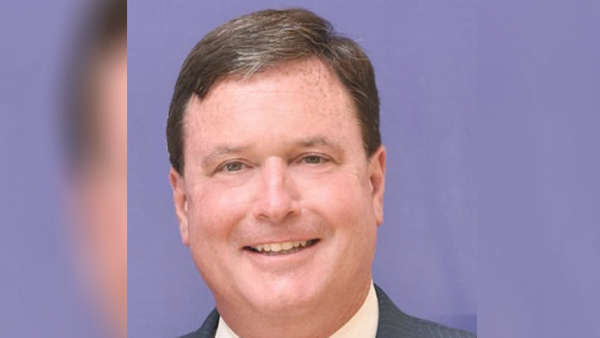Long time proponent of telehealth

Washington, D.C. – U.S. Congressman Greg Pence (IN-06) today participated in a House Energy and Commerce Subcommittee Hearing entitled “Legislative Proposals to Support Patient Access to Telehealth Services.”
Congressman Pence spoke to the success of pandemic-era telehealth flexibilities and the need to build on that work. He has been a longtime proponent of expanded access to telehealth and is a cosponsor of H.R. 7623, the Telehealth Modernization Act. This legislation would make several telehealth flexibilities under Medicare permanent, ensuring Hoosiers in rural communities have access to quality care.
Congressman Pence’s full remarks and questions are transcribed as prepared for delivery below. Video of remarks can be found here.
Thank you Chairman Guthrie and Ranking Member Eshoo for holding this hearing and thank you to the witnesses for appearing before us today.
I am glad to see this committee is continuing our work to advance initiatives to expand telehealth access for Hoosiers and all Americans.
As we have discussed today, telehealth proved to be a game-changer during the COVID-19 pandemic.
It is critical for patients in Southern Indiana that our committee build upon the success of the flexibilities provided for telehealth services during the pandemic.
My colleague Congressman Buddy Carter’s legislation, which I am proud to cosponsor, the Telehealth Modernization Act, would make permanent several of these flexibilities to allow patients to receive care in the comfort of their home.
Likewise, the advancement of telemedicine for mental health services could greatly expand access to patients in need, especially those in rural areas.
I continue to hear about workforce shortages in my district across the health care industry that most acutely impacts rural patients.
Access to mental health care services without the barrier of travel could help begin to close this gap in access.
Like many of my colleagues, the mental health and substance abuse crisis has devastated our communities.
During the Trump-Pence Administration, HHS, USDA, and the FCC came together under a Memorandum of Understanding for purposes of expanding access to telehealth services.
Together, these agencies collaborated to utilize their collective expertise so that rural patients in underserved areas could be connected to the care they need wherever they are.
I have continued to encourage this administration to build upon the success of this working group so that rural patients are not left behind.
Dr. Schwamm, at the onset of the pandemic, hospital systems in Indiana such as IU Health successfully ramped up various types of telehealth services for both routine check-ups and for Hospital at Home services to treat acute care patients.
Similarly, Hancock Regional Hospital utilized patient monitoring services and portable camera systems so that doctors could maintain constant access to a patient’s well-being.
As you well know, treating some types of heart conditions using telehealth services could require constant patient monitoring or hybrid care integration approaches.
Can you speak to the benefits of patients receiving treatment in their home and how telehealth services, such as those being used in Indiana, can assist patients with acute care conditions?
How will the bills being discussed today advance these efforts?

 Hanover Man Receives Lengthy Sentence For Trafficking Fentanyl
Hanover Man Receives Lengthy Sentence For Trafficking Fentanyl
 General Motors sold Hoosier drivers on using OnStar then sold their data to raise rates
General Motors sold Hoosier drivers on using OnStar then sold their data to raise rates
 Kentucky State Police Investigates Trooper-Involved Shooting in Gallatin County
Kentucky State Police Investigates Trooper-Involved Shooting in Gallatin County





